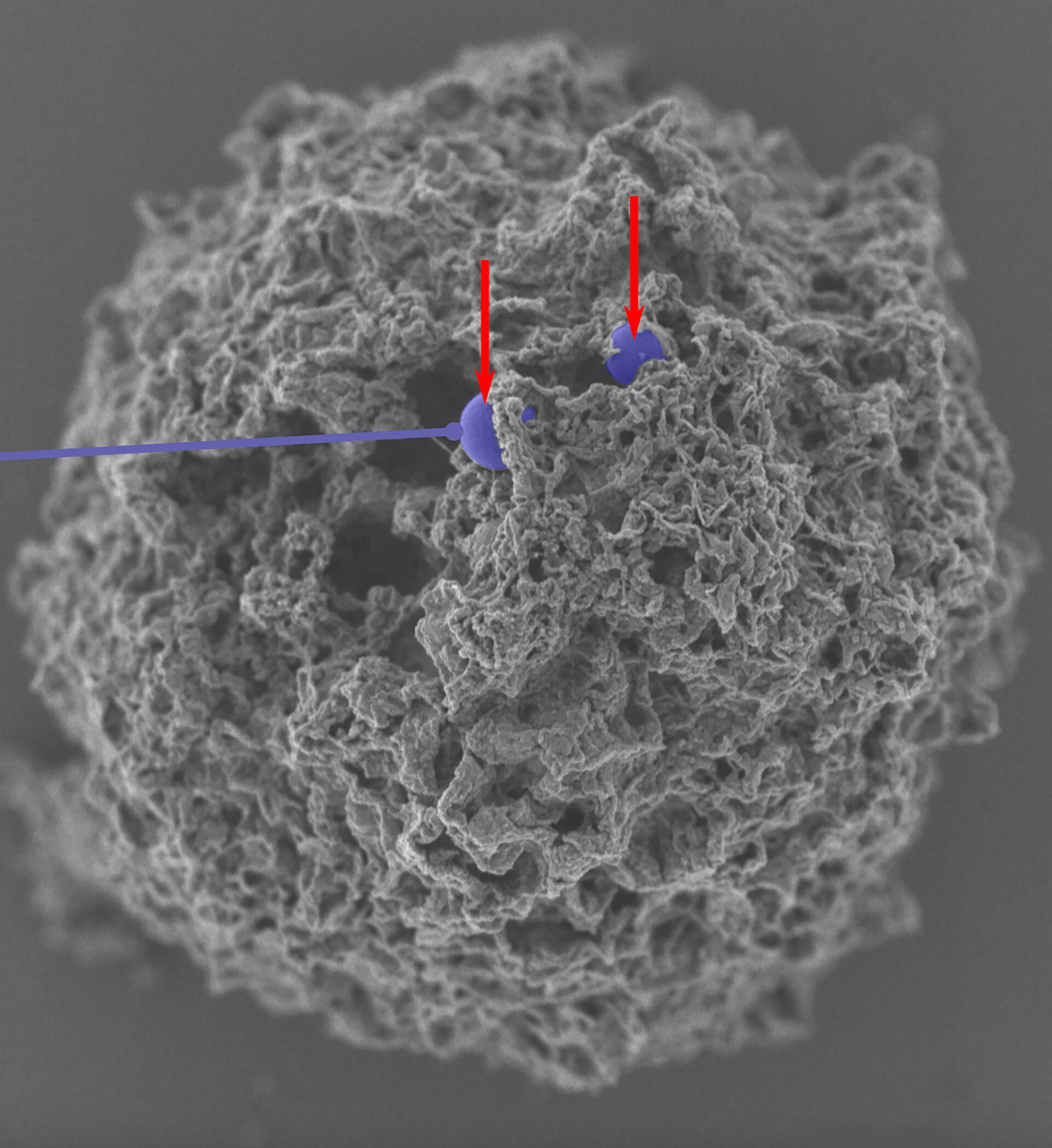Allergy-specific nanoparticles target immune cells, prevent anaphylaxis
Date: 22.1.2024
Allergies can range in severity from itchy eyes and a runny nose to life-threatening anaphylaxis. Peanuts, dust, mold, dog hair, perfume, pollen, drugs, insect stings, and latex – besides avoiding these things entirely, for some people there’s no way to prevent allergic reactions.
 That may soon change, thanks to researchers at Northwestern University who’ve developed the first selective therapy to prevent allergic reactions: nanoparticles decorated with antibodies that shut down the immune cells responsible for the body’s allergic responses.
That may soon change, thanks to researchers at Northwestern University who’ve developed the first selective therapy to prevent allergic reactions: nanoparticles decorated with antibodies that shut down the immune cells responsible for the body’s allergic responses.
“If you have a peanut allergy and have had a response to peanuts in the past, then your immune cells made IgE antibodies against peanut proteins, and the mast cells collected them,” said Evan Scott. “Now, they are waiting for you to eat another peanut. When you do, they can respond within minutes, and if the response is strong enough, it can result in anaphylaxis.”
For proteins, such as antibodies, to stick to a nanoparticle, they typically must form a bond that unfolds the protein, affecting its bioactivity. To address this challenge, the researchers created a nanoparticle comprised of dynamic polymer chains that can independently change their orientation when exposed to different solvents and proteins.
The nanoparticle is decorated with anti-Siglec-6 antibodies that prevent mast cells from reacting to an allergen. It also carries allergens that correspond to a person’s particular allergy.
Image source: Evan A. Scott/Northwestern University.























